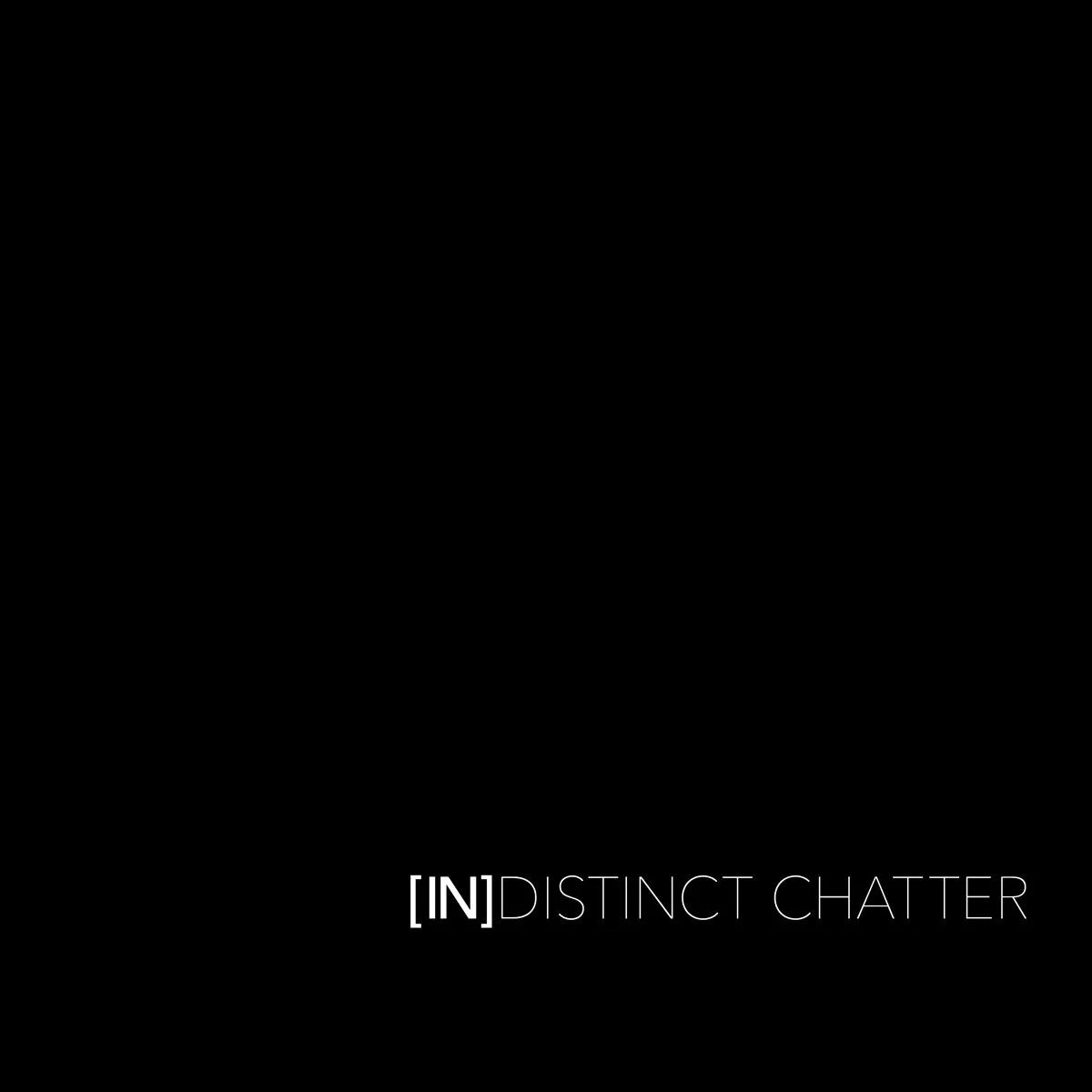
School Closures: Variables and Red Flags
Given the rate of school closures, related to—yet separate from—merger and acquisition threads of discussion in independent school circles, there is a need for an effective study of school failures. Such a study would confirm these common, clear signs and delineate paths to closure, highlighting key points of timing along the way when schools could/should be intentional about their futures, giving themselves and their communities (most notably, students and families) the gift of time: enough time to allow for tactical business model maneuvering before sound the alarm on closure.

Compassionate Systems Framework
Listen to the principal of the British School of Jakarta, David Butcher, share his school's journey into the MIT Compassionate Systems Framework since 2018.

Rilke on Leadership
Rainer Maria Rilke (1875-1926) was an Austrian poet and novelist. A collection of ten letters, now known as Briefe an einen jungen Dichter (Letters to a Young Poet), was published after his death. This tome speaks to me as an educationalist and educational leader; the first letter in particular is quite powerful, when considering one's leadership journey. In this episode, Dr. Kevin Ruth reads an excerpt of the first letter in the collection, providing a framework for the reading that asks listeners to consider poetry, writing, and a 'work of art' as exemplifying what leadership is all about. In that vein, Rilke's words make us pause and reflect on our journey, irrespective of the stage of our journey. It is the inaugural podcast for [In]Distinct Chatter.

On Rules
One wonders whether our 'school rules' (think: practices and processes) might benefit from updating, in order to keep schools fit for purpose. Let us keep in mind that rules (policies, procedures, processes) were put into place with the current, temporal context in mind: that was the backdrop, and the rules corresponded to it. Rules tend to be designed to address specific issues; the intent behind rule-making is that those rules will apply for years to come. Some rules may indeed stand the test of time (for how long, one wonders?), yet others have lingered beyond their usefulness.

On Bold Moves
Schools are becoming increasingly ambidextrous organizations (Robert Duncan, 1976), even though they may be unaware of it. Leaders must focus simultaneously on delivering current educational practice while preparing for the future. That being said, really bold schools have decided not just to prepare for the future, they’re moving into it right now. If those shifts become permanent (if there is such a thing…), then it means that certain schools are going through a recalibration, the full extent of which may not be recognized or appreciated for several years.